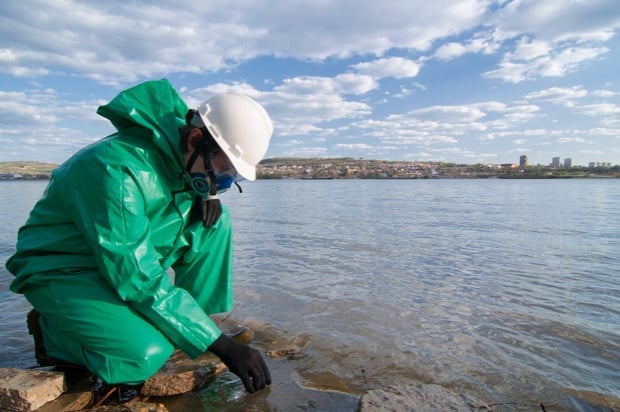Environment
Conservation scientists and foresters work for governments (federal, state, or local), on privately owned lands, or in social advocacy organizations.
Lodging & Tourism
Manage, improve, and protect natural resources to maximize their use without damaging the environment. May conduct soil surveys and develop plans to eliminate soil erosion or to protect rangelands. May instruct farmers, agricultural production managers, or ranchers in best ways to use crop rotation, contour plowing, or terracing to conserve soil and water; in the number and kind of livestock and forage plants best suited to particular ranges; and in range and farm improvements, such as fencing and reservoirs for stock watering.
Conservation Scientists
About this Career Path
Manage, improve, and protect natural resources to maximize their use without damaging the environment. May conduct soil surveys and develop plans to eliminate soil erosion or to protect rangelands. May instruct farmers, agricultural production managers, or ranchers in best ways to use crop rotation, contour plowing, or terracing to conserve soil and water; in the number and kind of livestock and forage plants best suited to particular ranges; and in range and farm improvements, such as fencing and reservoirs for stock watering.

Environment
Conservation scientists and foresters work for governments (federal, state, or local), on privately owned lands, or in social advocacy organizations.
Current Available & Projected Jobs
Conservation Scientists
JOBS & OPPORTUNITIES
Find your path to success
Get an idea of what your sample career roadmap could look like for a Conservation Scientists.
Supporting Programs
Conservation Scientists
No Results
Top Expected Tasks
Conservation Scientists
Apply principles of specialized fields of science, such as agronomy, soil science, forestry, or agriculture, to achieve conservation objectives.
Plan soil management or conservation practices, such as crop rotation, reforestation, permanent vegetation, contour plowing, or terracing, to maintain soil or conserve water.
Monitor projects during or after construction to ensure projects conform to design specifications.
Advise land users, such as farmers or ranchers, on plans, problems, or alternative conservation solutions.
Implement soil or water management techniques, such as nutrient management, erosion control, buffers, or filter strips, in accordance with conservation plans.
Compute design specifications for implementation of conservation practices, using survey or field information, technical guides or engineering manuals.
Gather information from geographic information systems (GIS) databases or applications to formulate land use recommendations.
Participate on work teams to plan, develop, or implement programs or policies for improving environmental habitats, wetlands, or groundwater or soil resources.
Compute cost estimates of different conservation practices, based on needs of land users, maintenance requirements, or life expectancy of practices.
Develop or maintain working relationships with local government staff or board members.
Revisit land users to view implemented land use practices or plans.
Knowledge, Skills & Abilities
Conservation Scientists
KNOWLEDGE
English Language
KNOWLEDGE
Biology
KNOWLEDGE
Geography
KNOWLEDGE
Mathematics
KNOWLEDGE
Customer and Personal Service
SKILL
Active Listening
SKILL
Reading Comprehension
SKILL
Complex Problem Solving
SKILL
Speaking
SKILL
Critical Thinking
ABILITY
Oral Comprehension
ABILITY
Written Comprehension
ABILITY
Oral Expression
ABILITY
Deductive Reasoning
ABILITY
Information Ordering
Featured Job Opportunities
Conservation Scientists
Related Careers & Companies
Conservation Scientists
Not sure where to begin?
Career Exploration